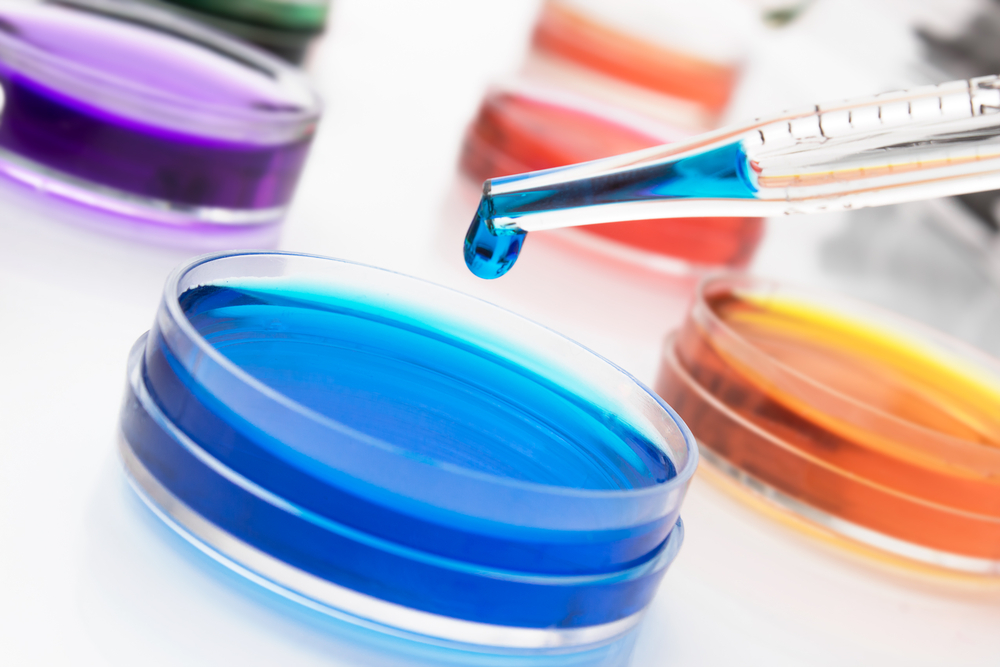Aeolus Pharmaceuticals, Inc., a biotechnology company advancing compounds to address protection against chemical and radiological threats, recently announced the results of a successful study in non-human primates (NHPs) demonstrating that a 60-day treatment with AEOL 10150 doubled survival (from 25 percent to 50 percent) in animals that received radiation exposure to the lungs.
The study’s outcomes were reported originally by the firm in September 2014 and the full results include radiographic and clinical measures of secondary parameters of lung injury and imaging of potential bio-markers for lung injury.
“This study, conducted in a very severe model of lung injury, provided critical evidence for a significant survival-effect as well as helping to define the best treatment protocol for administration of AEOL 10150. The final assessment of key secondary parameters indicative of both clinical and radiographic evidence of lung injury showed an overwhelming positive effect of treatment with AEOL 10150,” said Professor Thomas MacVittie from the University of Maryland School of Medicine.
The study confirmed that AEOL 10150 administration for 60 days, starting 24 hours after exposure to 10.74 Gy of radiation, had positive effects such as doubling overall survival, increasing survival time, positive effects on lung injury, decreased mortality rates, decreased edema and parenchymal damage, improved lung function and decreased evidences of fibrosis and pneumonitis.
The study was led by Thomas MacVittie from the University of Maryland School of Medicine (UM SOM) and published in two issues of the Health Physics Journal.
“The results from this comprehensive study further confirm the efficacy of AEOL 10150 in mitigating the lung damage from radiation exposure. We are pleased to see that the secondary endpoints support the significant survival improvement reported when AEOL 10150 is given for 60 days after extremely high levels of radiation to the lungs. AEOL 10150 has significantly improved survival in more than a dozen studies of lethal chemical and radiological exposure to the lungs, and the results of this study also further support its anti-fibrotic properties. The biomarker and lipid data from the imaging work done in this study is critical as it helps further the understanding of the damage radiation exposure does to the lungs and how AEOL 10150 mitigates that damage. We remain grateful to our colleagues at the University of Maryland for their excellent research and to the Biomedical Advanced Research and Development Authority for their support of the AEOL 10150 Lung ARS development program and to the National Institutes of Health, National Institute of Allergy and Infectious Diseases for their funding of the MALDI-MSI Imaging,” noted John L. McManus, Aeolus Pharmaceuticals’ CEO.


